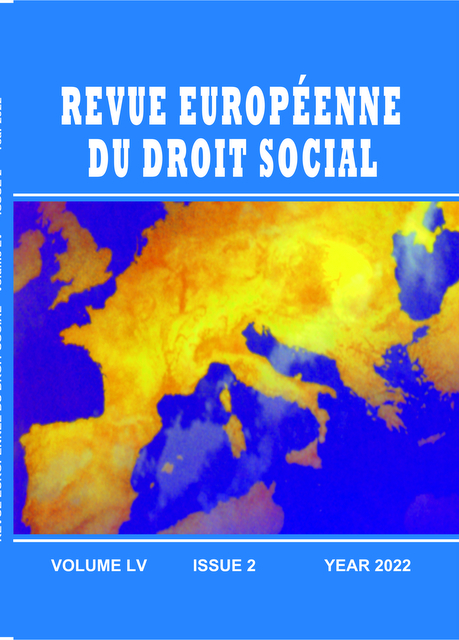AGING SOCIETY, THE ENVIRONMENT, AND OPTIMAL TAXATION
AGING SOCIETY, THE ENVIRONMENT, AND OPTIMAL TAXATION
Author(s): Fatma Safi, Ben Hassen LobnaSubject(s): Business Economy / Management, Energy and Environmental Studies, Gerontology, Fiscal Politics / Budgeting
Published by: Editura Bibliotheca
Keywords: Aging; environment; externality; OLG model; optimal taxation;
Summary/Abstract: Most current investigations have recognized the social and economic effects of population aging, whereas its environmental effects are largely neglected. We consider in this paper overlapping generations economies with pollution arising from consumption activities to examine the impact of aging on environmental quality. Moreover, we compare the competitive equilibrium steady state to the optimal steady state from the social planner's perspective. The key findings are as follows. First, physical capital and environmental conditions positively depend on longevity. The effect of a lower rate of population growth on capital is negative, while its effect on the environment relies on the value of the capital’s share of output. Second, the competitive equilibrium is dynamically inefficient when there are negative externalities that characterize the model. Finally, two types of tax scheme are designed, one founded on consumption conditioned on age taxes and the other founded on savings and consumption taxes, for the purpose of correcting the market failure and reaching the social optimum.
Journal: Revue Européenne du Droit Social
- Issue Year: 55/2022
- Issue No: 2
- Page Range: 100-116
- Page Count: 17
- Language: English

